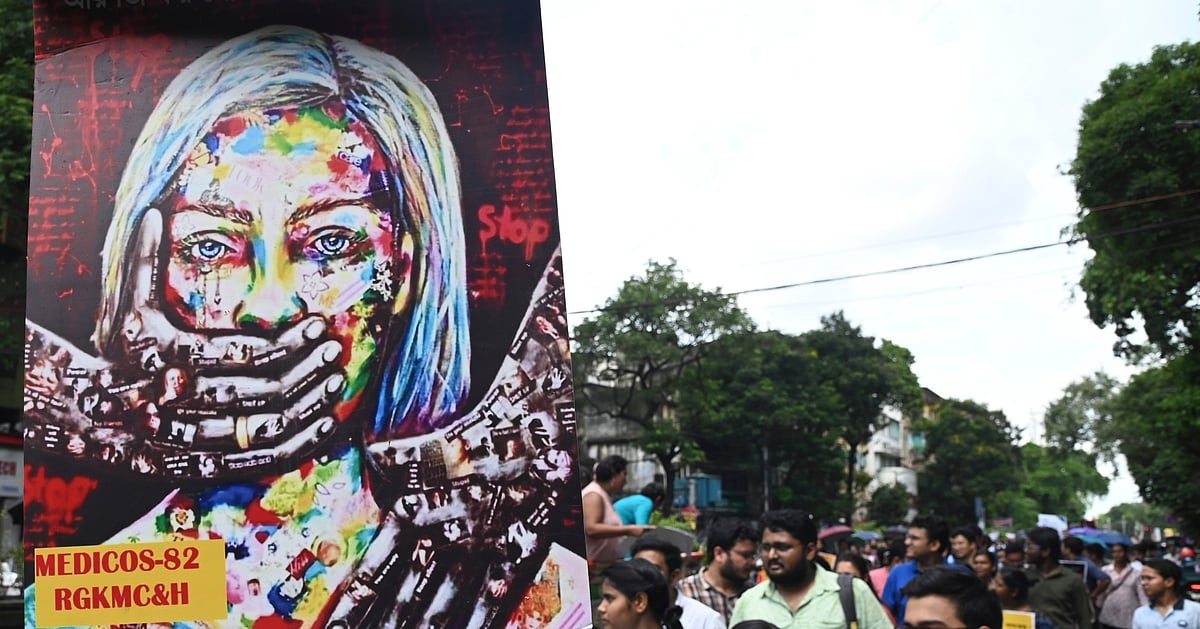 |
|
The article poignantly critiques the prevailing practices within the Indian criminal justice system, highlighting how systemic flaws undermine the pursuit of justice. It exposes a pattern of delay, manipulation, and undue influence that often leaves victims disillusioned and perpetrators unaccountable. The author meticulously dissects the stages of a complaint process, demonstrating how each stage is riddled with obstacles that disproportionately benefit the powerful and influential.
The initial act of stalling, a common tactic employed by police, exemplifies the disregard for the urgency and gravity of a complaint. The 12-hour wait experienced by the family of the Badlapur victims highlights the callousness with which police often treat victims, prioritizing their own convenience over the immediate needs of those seeking justice. This delay serves not only as a deterrent to reporting crimes but also allows time for potential evidence to be tampered with, further jeopardizing the investigation.
The concept of 'amicable resolution' further exacerbates the problem, creating a false equivalence between the victim and the perpetrator. This approach, often touted as a means of promoting harmony, inherently minimizes the seriousness of the crime and erodes the victim's sense of agency. By encouraging a compromise, the police effectively undermine the very foundation of justice, allowing perpetrators to escape accountability and leaving victims with a feeling of being forced to negotiate with their own victimizers.
The author emphasizes the power dynamics inherent in the system, where those with greater influence or resources can manipulate the process to their advantage. The possibility of a counter-complaint being lodged against the victim is a stark reminder of how the system can be used to intimidate and silence those seeking redress. This reality underscores the systemic corruption that permeates the justice system, where connections and wealth often trump the truth and the pursuit of fairness.
The article's stark portrayal of the reality of seeking justice in India raises profound questions about the efficacy and integrity of the legal system. It serves as a critical call to action, urging a comprehensive overhaul of police practices and a commitment to ensuring equal access to justice for all citizens. The article's unflinching exposé of the systemic failures should serve as a catalyst for reforms that prioritize the rights and dignity of victims and ensure that the justice system truly serves its intended purpose.
Source: Beyond the outrage
